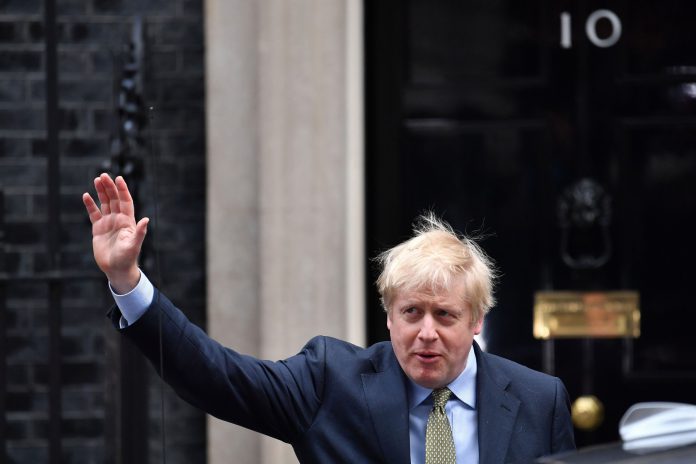BORIS JOHNSON is set to keep the foreign aid department despite plans for a Whitehall shake-up.
The Prime Minister had been widely-expected to axe the department after his stonking election victory.
This would have seen a raft of new departments created, with several either being merged or got rid of completely.
Number 10 have now axed the plans and will instead focus on improving performance in existing departments.
The suggested creation of a borders and immigration ministry is also unlikely to happen.
It comes after more than 100 charities teamed up to urge Mr Johnson not to axe the department.
They said it could lead to less money going to the worlds poorest people.
As part of Mr Johnsons drive to improve Whitehall performance, government departments will be told to overhaul how they communicate what they are doing.
Government press officers will be ordered to use the internet to find new ways to get messages across.
The scrapped plans came after huge backlash against the soaring budget, which rose 493million in 2018 to reach a record 14.6billion in 2018.
Spending in China and India increased to 151million, despite both being rich enough to mount missions to the Moon.
In 2017, Britain was the only member of the G7 to meet the 0.7% commitment agreed.
Last year it was revealed Britain provided 1 for every 8 handed by out the 29 major countries in 2018.
Speaking at the time, Tory MP Jacob Rees-Mogg labelled it “an extravagance in an era of continuing austerity.”
Former pensions minister Baroness Altmann added: “It can’t be right that we can afford to help Third World countries while we seem to be unable to offer more than Third World care to our elderly citizens.”
The latest Conservative manifesto had vowed the party will “proudly maintain” the 0.7% of gross national income on development.
However, Mr Johnson has also lashed out at aid spending, insisting it should be “more in line with Britains political, commercial and diplomatic interests”.








